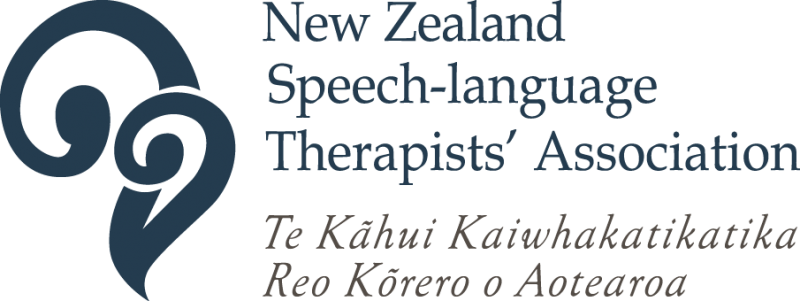
Whaikaha at it again, say speech-language therapists
Date: March 25, 2024
Disabled people may be prevented from accessing crucial equipment that helps them live independently and safely following changes being made by Whaikaha, Ministry of Disabled People.
The Ministry has recently introduced new purchasing and prioritisation guidelines for its Equipment and Modification Services (EMS) which provide free or subsidised equipment and modifications to disabled people.
The New Zealand Speech-language Therapists’ Association (NZSTA) fears the new prioritisation guidelines will tighten access criteria, meaning some people may find it harder to get the funding they need for vital equipment.
“We are very concerned disabled people with communication, eating and swallowing conditions won’t meet the new thresholds,” says co-president Emma Quigan.
The provision of eating and drinking equipment is invaluable for promoting functional independence, enhancing communication, ensuring nutritional well-being, preventing health complications, fostering social participation, and supporting caregivers. It plays a vital role in optimising the overall quality of life for individuals with speech, language, and swallowing difficulties.
She says that with the prioritisation tool, many will miss out, contravening a basic human right embedded in Article 19 of the Universal Declaration of Human Rights.
“Communication is a principle that resonates deeply with us. It sets down the right to freedom of expression and to ‘see, receive, and impart information and ideas through any media.’
“We believe this right encompasses individuals with communication disorders, highlighting the importance of ensuring access to essential services like EMS without unnecessary barriers or delays.”
Communication skills are also fundamental to successful participation in modern society, underpinning positive social relationships, literacy, numeracy, educational attainment, employment, and civic engagement.
Quigan says the rights of individuals with communication disabilities must be explicitly acknowledged within major public policy and strategy documents across various sectors.
Policies across health, disability, aged care, education, early childhood, and justice sectors must explicitly recognise and address the unique needs and challenges faced by individuals with communication disabilities.
It is imperative these policies ensure the availability and accessibility of services and supports tailored to the diverse communication needs of all individuals.
The NZSTA urges policymakers to prioritise the recognition of communication rights, the integration of communication rights into policies across various sectors, and the redress of issues related to the availability and accessibility of services and supports for people with communication disabilities.
As an organisation committed to advocating for the rights and well-being of individuals with communication disabilities, the Association remains dedicated to working towards a system that prioritises accessibility, inclusivity, and equity for all.
For further inquiries, please contact Daniel Paul (021) 400-993
